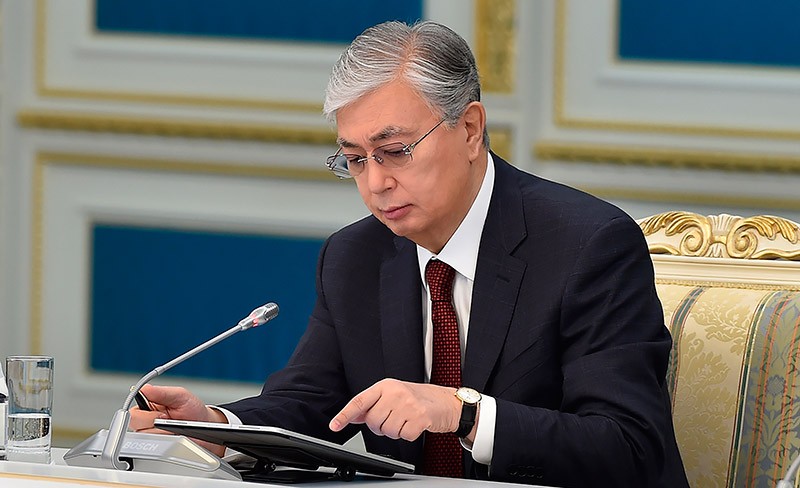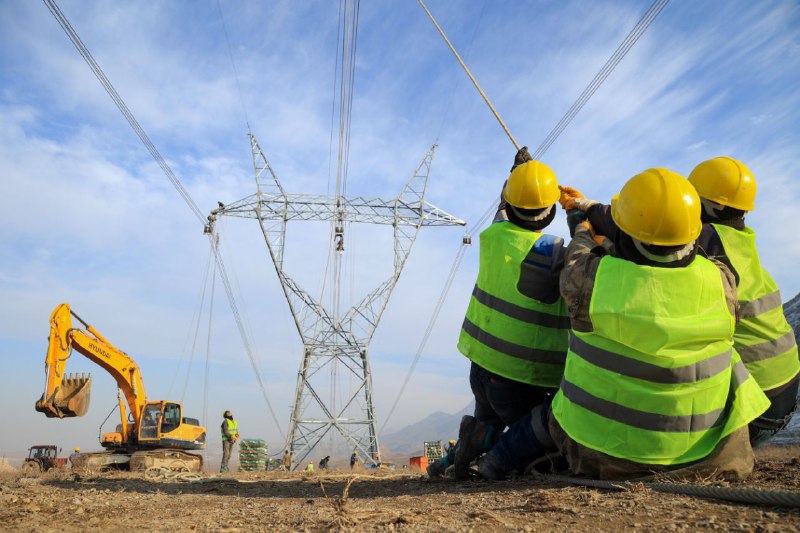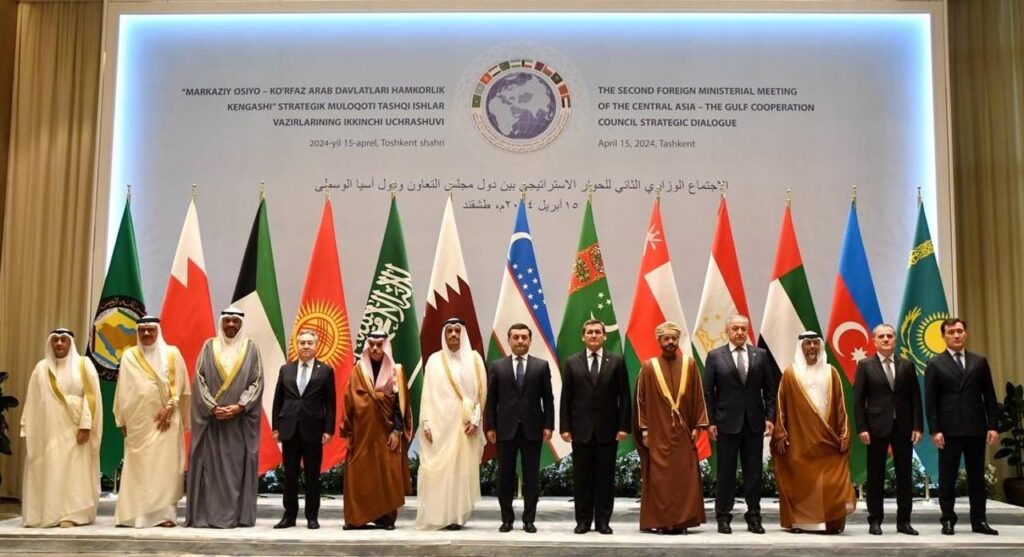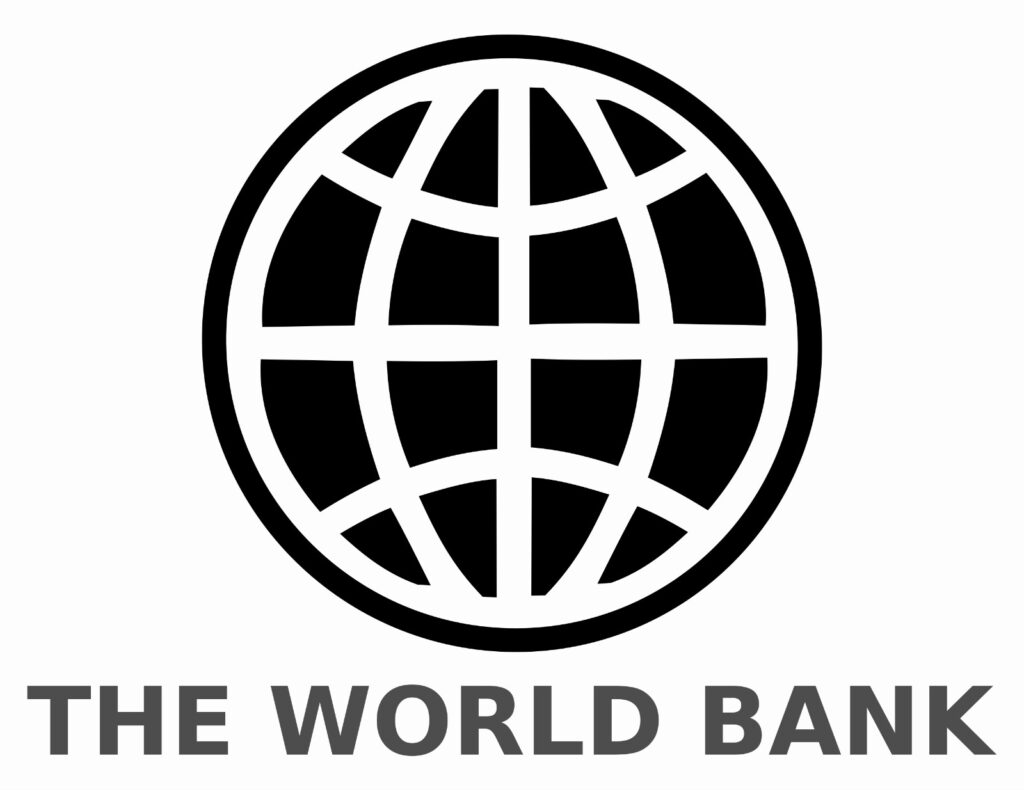Kazakhstan President drives Landmark Legislation Protecting Women from Violence
On April 15, President Kassym-Jomart Tokayev signed into law amendments and additions passed by Kazakhstan’s parliament on April 11 on legislative acts and the code on administrative offenses on ensuring the rights of women and the safety of children. The initiative represents a first in the CIS in terms of how far it goes to provide protection for women and children in the country. The United States embassy in Kazakhstan said on April 15 through its X account that they welcomed the adoption of the new law, highlighting its strengthened protections against domestic violence. United Nations Development Programme (UNDP) in Kazakhstan also commended the “legislative initiatives protecting women’s [and] children’s rights”, calling them “a crucial step towards equality, justice [and] safety for all citizens” that “lay a foundation for a stable, prosperous society”.
This is seen as the latest improvement in an upward trend. Since coming to power in 2019, President Tokayev has tightened criminal liability for crimes against women and children as well as human trafficking. Special units were formed within the Ministry of Internal Affairs to protect women and in 2021, their number increased to 256. Specialized female investigators were introduced to investigate violent sexual crimes against women and minors.
The new law, which goes further in introducing additional legal mechanisms to protect women and children, comes on the heels of domestic and international protests following the violent murder of Saltanat Nukenova by her husband, Kuandyk Bishimbayev, in November 2023. In addition to local rallies, Kazakhstani diaspora in New York, Amsterdam and Milan have also called for increased accountability for domestic violence under the hashtag #ForSaltanat.
Critically, the new legislation criminalizes domestic violence, increases penalties for perpetrators and provides a range of preventative measures alongside punitive ones. It imposes tougher penalties for all forms of violence against children. Overall, it is an important step in improving the legal, economic, and social foundations of state policy and strengthening the principle of social equality with a zero tolerance against violence towards women and children.
On another positive note, the recent amendments and additions largely represent the demands of the public and civil society, who were involved in the process of their development and adoption. The legislation has been widely discussed in the country’s media. Representatives from NGOs took part in parliamentary meetings alongside the National Commission for Women’s Affairs and Family and Demographic Policy, the National Center for Human Rights and the Commissioner for Children’s Rights. In November 2023, Kazakhstanis demanded tougher punishment for domestic violence through an open letter to Tokayev on Otinish.kz website. And this month, a group of activists and human rights defenders launched the “Write a Letter to Parliament” campaign asking residents to send a letter to in support of the new law. By the time the bill was discussed in the Senate, over 154,000 people had already signed an online petition.
Some key improvements under the new law
Critically on women’s rights, the law restores criminal liability for causing minor harm to health and battery, which was abolished in 2017. Intentional infliction of medium and grave bodily harm carries an imprisonment sentence of up to 8 years while causing minor harm to health can result in a fine or up to 2 years imprisonment. Beating is reclassified as a criminal offense and can result in arrest up to 50 days.
Moreover, previously, it was necessary to prove systematic beatings and other violent acts to hold a person accountable for torture. Under the new law, violent acts committed with extreme cruelty and abuse with the aim of causing agony to the victim will be considered under this category and liability for torture can result in up to 7 years of imprisonment. In cases of rape, the previous requirement that the victim systematically experience such violent actions was removed.
The law allows for the possibility of isolating the offender for 30 days and imposing a ban on contacting the victims. A specialized unit to combat domestic violence will be created within the Ministry of Internal Affairs.
Regarding the provisions in the new law on protection and safety of children, cases of murder, rape or sexual assault of a minor face the most severe punishment of life imprisonment. For the first time, criminal liability is introduced for sexual harassment of individuals under the age of 16. Additionally, prison sentence for child abduction has been raised from 7-to-12 years to 10-to-15 years, and illegal deprivation of their liberty now holds a sentence of 5-to-10 years (previously up to 5 years).
Furthermore, those that commit crimes against minors as defined under the Criminal Code, from causing harm to health to kidnapping and murder, cannot be released from their criminal liability if they reconcile with the victims. The law’s exclusion of the possibility of reconciliation in crimes related to physical violence and cruel treatment of minors may help take victims out of abusive relationships.
The new regulations aim to reduce minors’ suicides by including inducement and assistance in committing suicide under criminal liability. They also target bullying, including cyber bullying, with the imposition of fines and warnings, which can be imposed on the parents if the perpetrator is between the ages of 12 and 16. The law makes it an administrative offense to forcibly remove children from public transportation.
The law provides a legal framework for the operation of a call center on family issues and the protection of the rights of women and children as well as legislative consolidation of the creation and operation of Family Support Centers. It has a provision of mandatory psychological assistance to criminals by court decisions. Additionally, the victims of abuse can receive full protection and support, including in the event of a “loss of the breadwinner”.








